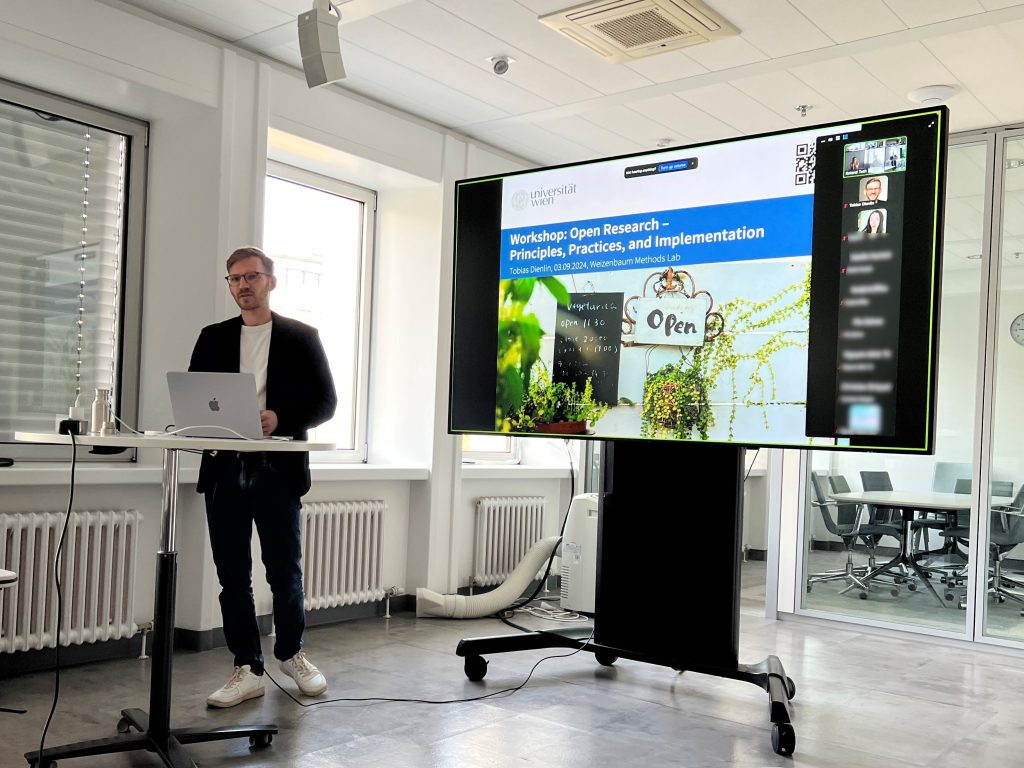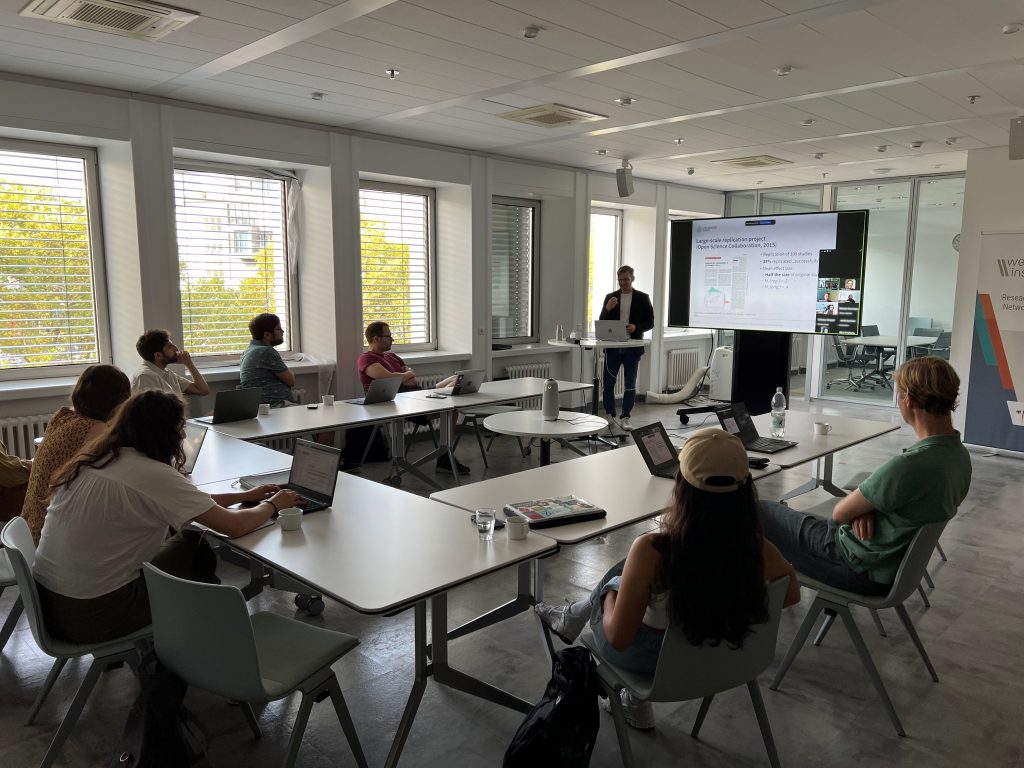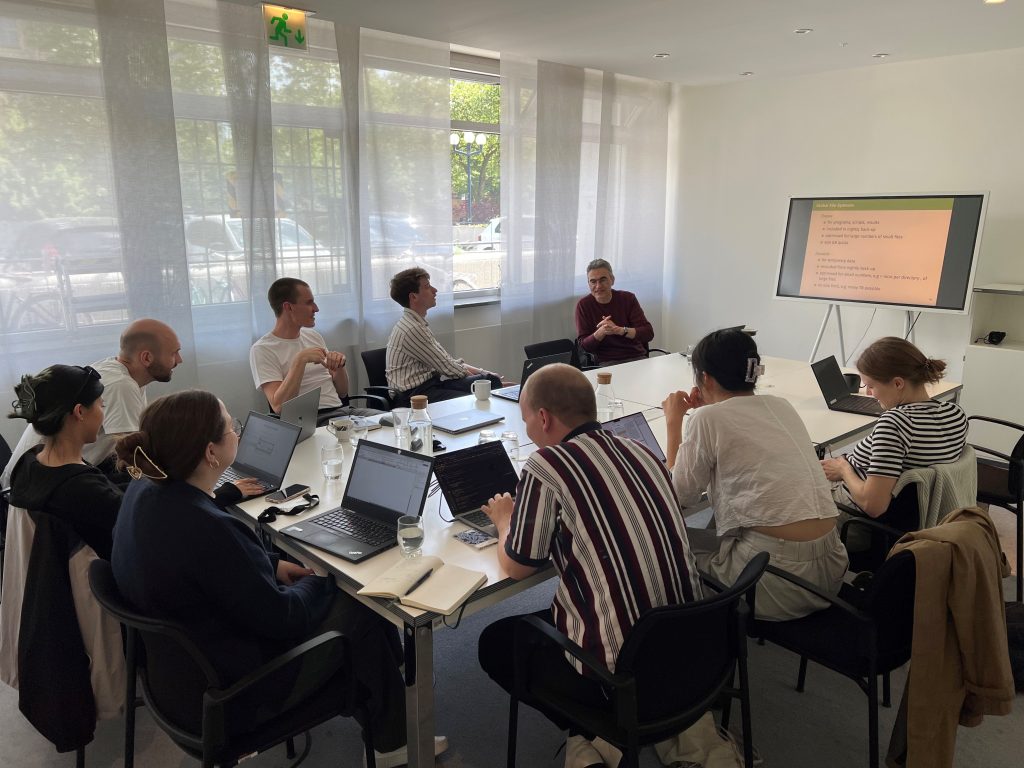AI applications are growing in popularity, everyday digital tasks are intuitively streamlined, and social media platforms are flooded with automated media that emulate the clarity of actual events. Naturally, this inspires discussions of future opportunities and concerns, such as the possibility of computers overtaking jobs that once relied upon humans. But amidst this consideration of AI into our routine behaviors, how much do we really know about the foundation of these tools? What are the invisible costs of this innovation, and who bears the consequences? The answer is revealed in this article, unsettling accounts behind the scenes of our usage are presented by the data workers’ inquiry.
This community-based initiative fights for fair working conditions and adequate recognition of data workers’ expertise. Since 2022, workers behind AI applications have been investigating their own workplaces to address labor conditions and build workplace power. Derived from the principles of 1880s Marxist thinking, workers conduct research tailored to their political and environmental concerns, with support from trained qualitative researchers. This team of researchers includes lead researcher Milagros Miceli with the Weizenbaum Institute, Adio Dinika, Krystal Kauffman, Camilla Salim Wagner, and Laurenz Sachenbacher. Without compromising the workers’ epistemic authority, they provide training in methods for data collection and analysis to create a methodology for workers to use within investigations. They also diligently monitor ethical and legal boundaries throughout the duration of projects.
The inquiries take place across Venezuela, Kenya, Syria and Germany. Whether in essays, artwork or documentaries, data workers creatively share their perspective working under various AI industries. The striking truths are outlined in the inquiries below. Ultimately, this research will provide structure for collective action, establishing future ethical guidelines in regard to the treatment of data workers.
Read More


